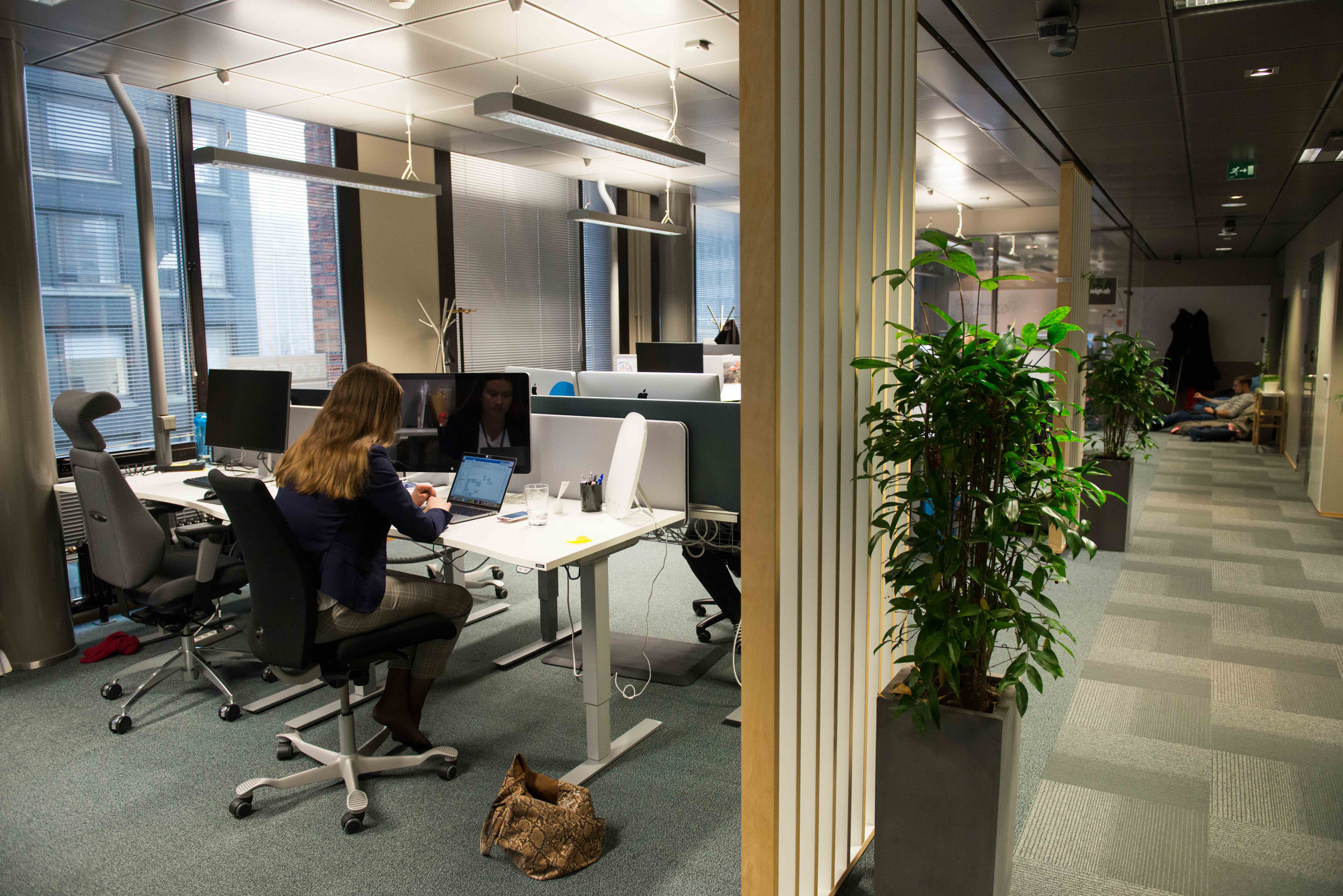The silent threats in our workplaces: A call to action for the Nordic-Baltic countries
Did you know that most work-related deaths in Nordic countries now stem from diseases rather than accidents? A recent Nordic report commissioned by the Nordic Future of Work and OSH group, building on a WHO/ILO study on the global burden of work-related diseases and injury, reveals a gradual but significant shift. Chronic illnesses like cancer and cardiovascular diseases have surpassed accidents as the leading causes of work-related fatalities. It underscores the urgent need for course correction of occupational safety and health (OSH) strategies vis-à-vis research, policy, and practice globally including in the Northern Dimension Partnership in Public Health and Social Well-being (NDPHS) region which includes among others three Nordic countries namely Sweden, Norway and Finland and all the Baltic countries – Estonia, Latvia and Lithuania.
The Evolving Risks in the Workplace
Chronic illnesses like cancer and cardiovascular diseases often result from hazardous exposures such as asbestos, silica dust, and diesel fumes, as well as workplace stress. This evolution highlights the pressing need for more comprehensive preventive measures. The risks are bound to be exacerbated by the imminent challenges of digitalization, climate change, and migration as potent drivers of the future of work.
The True Cost of Work-Related Diseases
Work-related diseases are more than a public health challenge—they impose a significant economic burden on our societies. Lost productivity, healthcare costs, and disability benefits add up to billions annually and by some estimates, it accounts for 3-4% of Gross Domestic Product. This underscores the enormous financial and social toll these illnesses take on individuals and societies alike.
Prioritizing Disease Prevention
The findings call for a paradigm shift in OSH research, but especially in policy and practice moving beyond accident prevention to robust disease prevention strategies. This includes greater investment in addressing hazardous chemical exposures, mitigating cardiovascular risks, psychosocial risks and combating stress-related illnesses.
Key Steps Forward
- Enhanced Risk Assessments and Technology: Employ cutting-edge occupational hygiene techniques and comprehensive risk assessments to detect and address potential hazards early.
- Worker Training: Equip employees with the knowledge and tools to recognize and prevent work-related diseases.
- Strengthened Collaboration: Foster partnerships among labor inspectorates, occupational health professionals, and social partners to create unified and effective interventions.
- Innovative Policies: Develop policies that address both traditional and emerging workplace risks, ensuring a resilient and adaptive OSH framework.
- Reasserting the Hierarchy of Controls: By reemphasizing the hierarchy of controls, occupational health efforts can focus on long-term, sustainable solutions that prioritize prevention at the source. This approach minimizes reliance on reactive measures, such as personal protective equipment, which although important are often the last and the least effective measure in reducing exposure. The focus of interventions must emphasize system-level interventions to eliminate or substitute the hazard. Such an approach ensures that workplace safety strategies are proactive, protecting workers while improving productivity and economic outcomes.

Learning from the Nordic Study
The Nordic study offers valuable insights for the NDPHS region. Prioritizing prevention and early intervention for occupational cancers, circulatory diseases, and psychosocial stress can significantly improve workforce health and productivity.
Building on Research, Policy, and Practice
The way forward requires an integrated approach combining research, policy, and practice:
- Research: Invest in studies to better understand the links between workplace exposures and diseases, particularly in emerging fields like psychosocial risks and the effects of climate change on occupational health. Expand data collection on work-related diseases to refine prevention strategies and tailor interventions.
- Policy: Create evidence-based regulations targeting chemical and psychosocial risks. Incentivize employers to adopt preventive measures through subsidies, tax benefits, or recognition programs. Harmonize policies across NDPHS countries to ensure consistent protections for all workers.
- Practice: Labor inspectorates play a critical role in translating policy into action and ensuring workplaces prioritize health and safety. To address modern challenges, inspectorates need advanced tools such as portable air quality monitors and digital systems for tracking exposures and inspections. Expanding their focus to include sectors at high risk for carcinogen exposure and psychosocial stress is essential. Additionally, labor inspectors should collaborate closely with occupational health services to follow up on identified risks, ensuring timely interventions and preventive measures. A culture of prevention can also be fostered by equipping workers with practical training to recognize hazards and encouraging real-time reporting of unsafe conditions, enabling swift responses and mitigating risks effectively.
The Way Forward
Integrating these elements with existing regional initiatives presents a powerful opportunity to establish safer, healthier, and more sustainable workplaces. Proactive measures in research, policy, and practice—including stronger roles for labor inspectorates—will not only reduce the incidence of work-related diseases but also enhance worker well-being and productivity.
Text: Dr. Yogindra Samant, Co-chair of the NDPHS Expert Group on Occupational Safety and Health